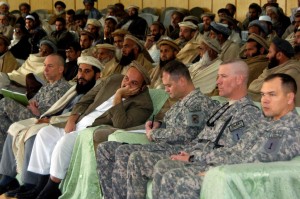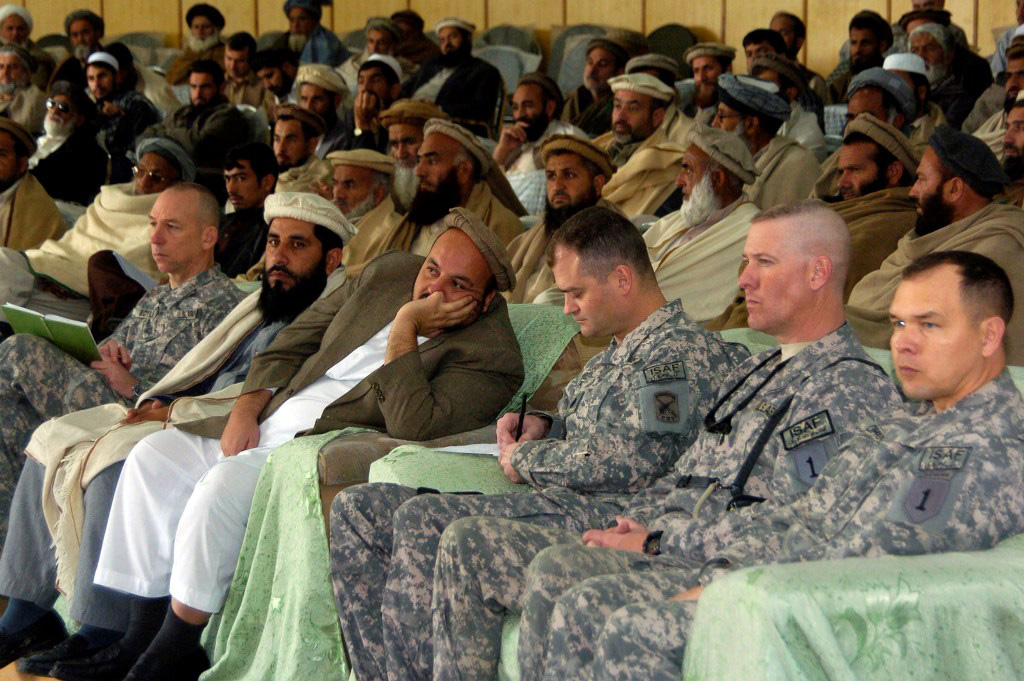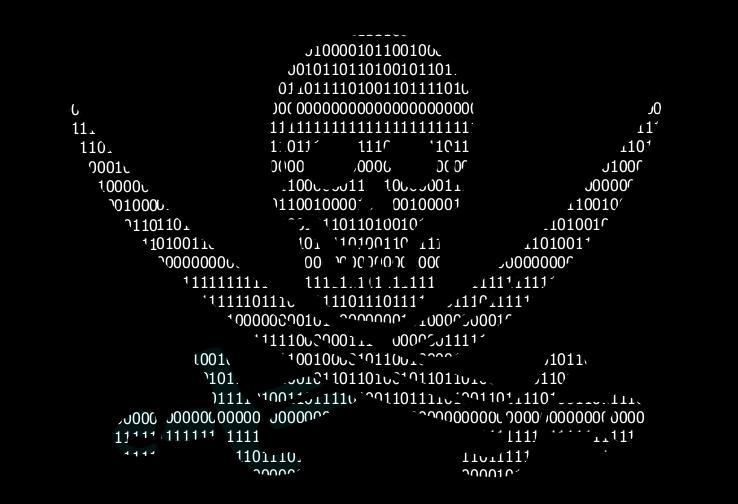
The media response to the Marines-peeing-on-dead-Afghans incident was, in my opinion, not harsh enough. In his “Incident Blown Out of Proportion,” piece, Michael Fox argues that Americans should not waste their time feeling moral outrage for dead terrorists. It is clear that the soldiers in question wanted to humiliate the deceased, even into death. The fact that a handful of soldiers wished to continue humiliating enemy combatants even after they died is particularly chilling and warrants discussion.
Fox argues that because terrorists treat our soldiers badly and do not follow international law, we should not either. There is a chance that the deceased may not have even been terrorists, yet even if they were, there are a multitude of compelling reasons why US Forces ought to respect all human life. For the sake of the argument, I will assume that the deceased were, in fact, morally corrupt terrorists.
The defining feature of terrorists is their lack of respect for human life and dignity. Terrorists see people as tools for personal and political gain. That is largely why they are scary. I would propose that how people choose to treat deceased bodies is an extension of our respect for the living. Americans were on the receiving end of this kind of degrading treatment when dead American soldiers were dragged through the streets of Fallujah in 2004 (Gregory 2004). Personal vengeance has no place in war. It is morally indefensible for Americans to tolerate the same kind of disfiguring of the deceased, regardless of whether those people were criminals when they were alive.
Fighting a global war on terror is self-defeating if Americans become desensitized to these acts of depravity. Our enemies’ actions, regardless of their lack of moral compass, should provide no justification for our soldier’s own moral injustices.
Americans had a big hand in creating the international human rights/humanitarian laws we actively disregard. It’s particularly disingenuous for Americans to argue that the laws we championed in the international arena are not applicable to us.
Finally, there are practical issues with American soldiers peeing on dead Muslims. There has been a massive backlash against Americans in general because of this incident, in addition to other disrespectful acts, such as the burning of a Koran. When a few soldiers behave this way they put all other deployed men and women in serious danger. Reports of the conditions on the ground in Afghanistan have noted that acts such as these might have such far reaching implications. Such implications include contributing to the deterioration of the relationship between Afghans and NATO Forces (Bowly 2012).
The soldiers’ disregarded human dignity and increased the risks for other NATO forces.
Those soldiers who disrespect the bodies of combatants should be punished to the harshest extent of the law.
_____________
Bowley, Graham. 2 U.S. Officers Slain; Advisers to Exit Kabul Ministries. New York Times. Accessed March 13, 2012. http://www.nytimes.com/2012/02/26/world/asia/afghanistan-koran-burning-protests-enter-fifth-day.html?scp=4&sq=marines%20urinate&st=cse
2012. Horror in Kandahar. Accessed March 13, 2012 http://www.nytimes.com/2012/03/13/opinion/horror-in kandahar.html?scp=3&sq=marines%20urinate&st=cse
Gregory, Michael. 2004. Iraqis Drag Bodies Through Streets After Attack. Reuters. Accessed March 13, 2012. http://www.commondreams.org/headlines04/0331-03.htm



